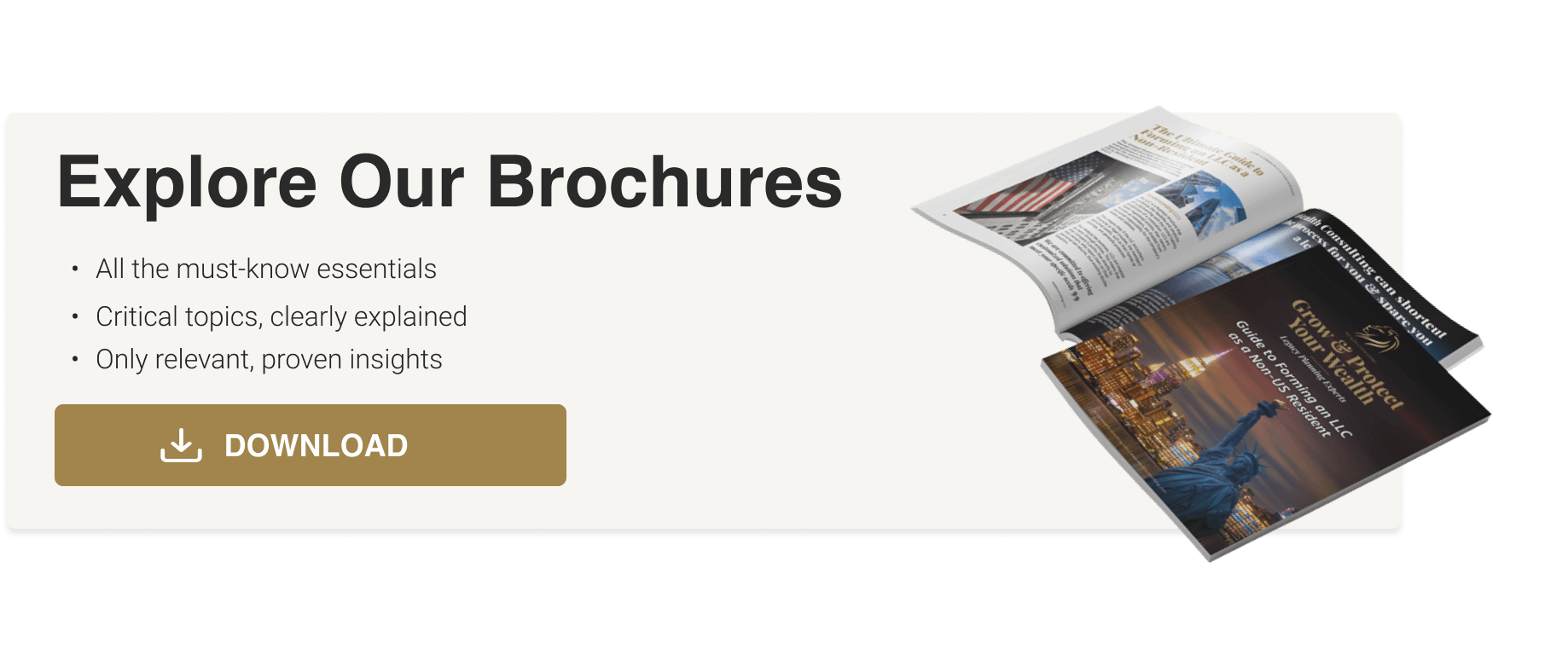If you also want to explore mortgages with Islamic and ESG principles, you can find the information here: Islamic Sharia-Compliant Mortgages and ESG Principles.
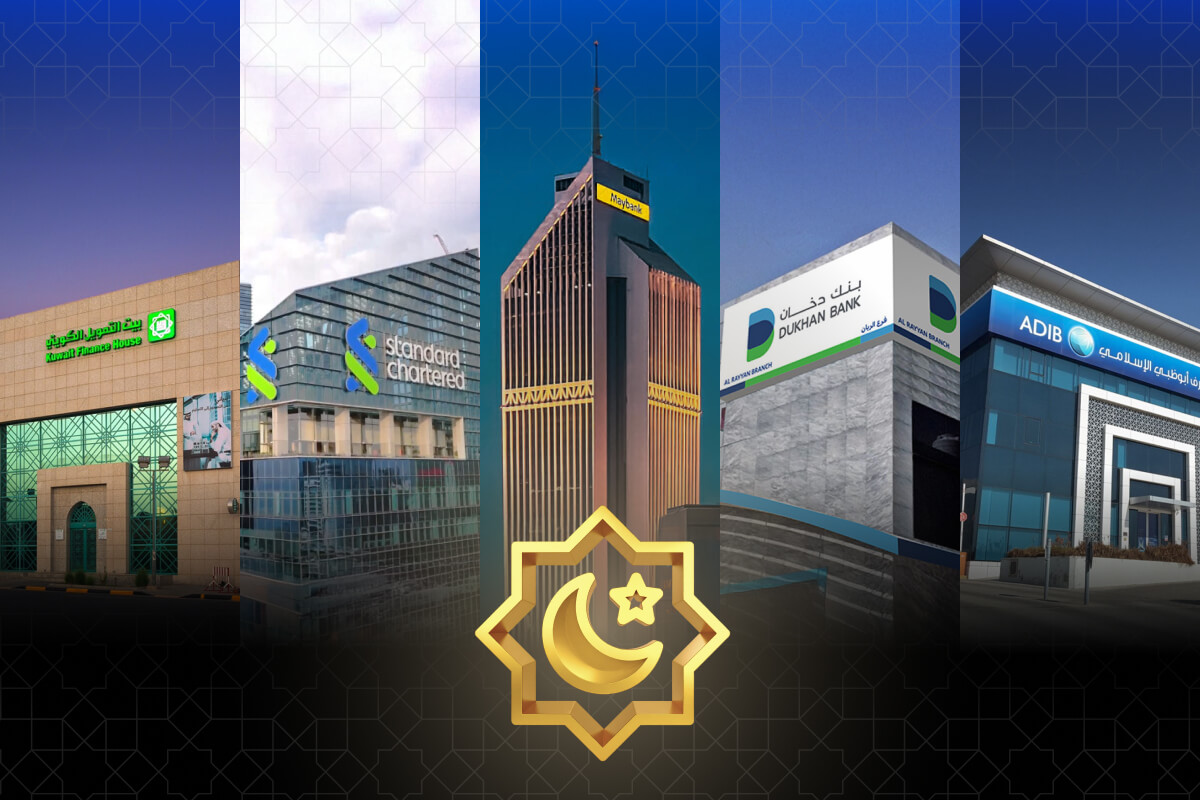
Blog
Top Islamic Banks 2025: Global Leaders in Shariah-Compliant Banking
July 3, 2025
18 mins read
In 2025, the most successful Islamic banks are not only maintaining stable returns but also responding to modern expectations. Whether it’s halal mortgages, sukuk investments, or savings accounts built around transparency, these banks are offering real-world options that appeal to both devout clients and anyone looking for clear, principle-based alternatives to conventional finance.
▸ This guide breaks down how Islamic banking works today and why certain institutions are standing out on the global stage.
How Islamic Banking Actually Works
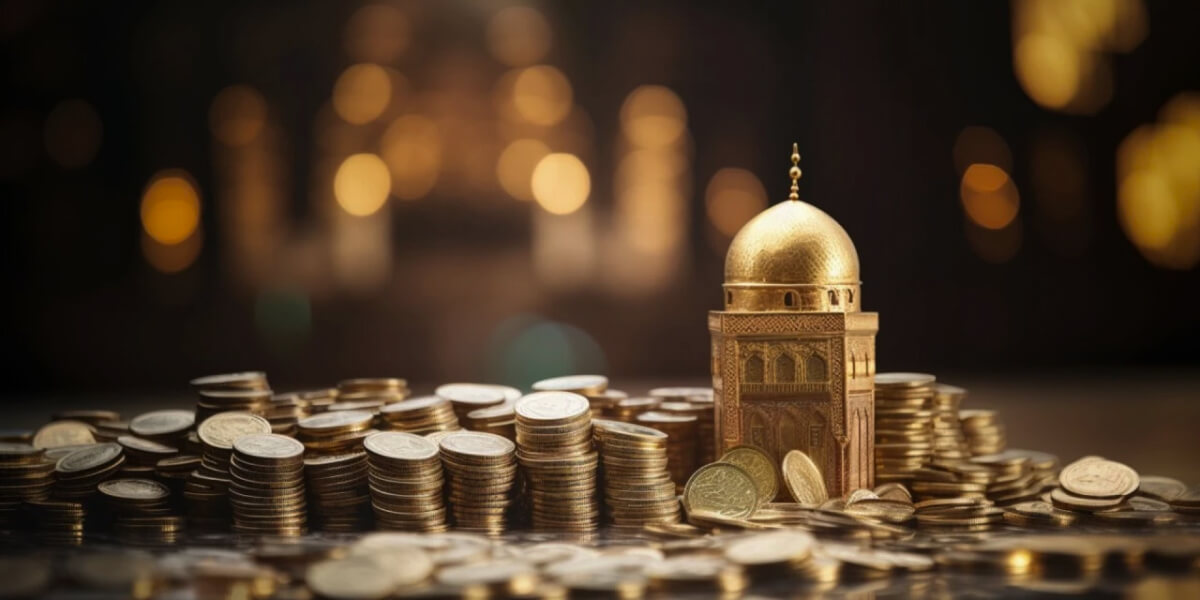
Islamic banking is built on a transparent framework that avoids interest, speculation, and ethically questionable industries. Instead of lending money to earn returns, Islamic banks participate in real economic activity and share risk with clients. Here’s what that looks like in practice:
Core Principles at a Glance
-
No Interest (Riba)
Loans cannot be issued with interest. Instead, banks earn through mark-ups on goods, leasing arrangements, or profit-sharing deals. -
No Speculation (Gharar)
Contracts must be clear and free from excessive uncertainty. Ambiguous deals, derivatives, and high-risk speculation are off-limits. -
Ethical Asset Use
Funds must not be used in industries like alcohol, gambling, adult content, or weapons. Investments are screened for Shariah compliance. -
Asset-Backed Financing
Every transaction must involve a real asset, like property, equipment, or inventory. This ties money to the real economy. -
Risk-Sharing Models
Profits and losses are shared between the bank and client. No guaranteed fixed returns, which aligns both parties’ interests.
Common Structures Used in 2025
| Structure | What It Replaces | How It Works |
| Murabaha | Traditional loan | The bank buys a product and sells it to the customer at a pre-agreed markup. |
| Ijara | Leasing agreements | The bank buys the asset and leases it out. Ownership transfers at the end. |
| Mudarabah | Investment accounts | One party provides capital, the other manages. Profits are shared. |
| Musharakah | Joint ventures | Both parties invest. Profits and losses are split proportionally. |
| Sukuk | Bonds | Certificates backed by tangible assets. Investors earn returns from asset performance, not interest. |
Real-World Reach
-
Over 400 Islamic banks and financial institutions across more than 75 countries
-
Major presence in the GCC, Malaysia, Indonesia, Turkey, and growing in Europe and North America
-
Increasing demand for Muslim-friendly savings accounts, Shariah-compliant investments, and halal mortgages, especially in diaspora markets like the UK and US
What Makes Islamic Banking Different

Principles That Define the System
Islamic banking is a framework built on accountability, ethical clarity, and purpose-driven finance.
✳︎ The system rests on these five key principles:
/01
Money is not a commodity
In Islamic finance, money has no intrinsic value. It cannot generate more money on its own. Value must come from trading goods or services.
/02
Risk must be shared
Profit is only permissible when risk is involved. A bank cannot guarantee returns without also accepting the chance of loss. This applies across savings, investments, and loans.
/03
All contracts must be transparent
Agreements must clearly state terms, timelines, and responsibilities. Ambiguity leads to injustice and is strictly prohibited.
/04
All transactions must have a moral purpose
Financing that supports harmful industries or creates unfair advantage is not allowed. Transactions must benefit society, not just the individual.
/05
Earnings must come from real economic activity
Whether it's a retail mortgage, business loan, or investment product, the financial flow must be tied to real assets or services.
Top 5 Islamic Banks in the World
These banks are not just popular, they are consistently outperforming peers in size, strategy, and Shariah compliance.
According to Global Finance’s 2025 rankings and publicly available financial data, here are the five that stand out globally.
| Rank | Bank | Headquarters | Asset Size (2024) | Notable Strength |
| 1 | Kuwait Finance House (KFH) | Kuwait | $132+ billion | Cross-border leadership, digital banking |
| 2 | Standard Chartered Saadiq | UAE / Global | Not individually listed* | Sukuk market, international reach |
| 3 | Maybank Islamic | Malaysia | $79+ billion | Southeast Asia dominance, innovation |
| 4 | Abu Dhabi Islamic Bank (ADIB) | UAE | $41+ billion | Green sukuk, ESG focus |
| 5 | Dukhan Bank | Qatar | $27+ billion | Private banking, capital markets |
▸ Note: Saadiq operates under Standard Chartered Group; figures are embedded within parent assets.
1. Kuwait Finance House (KFH)
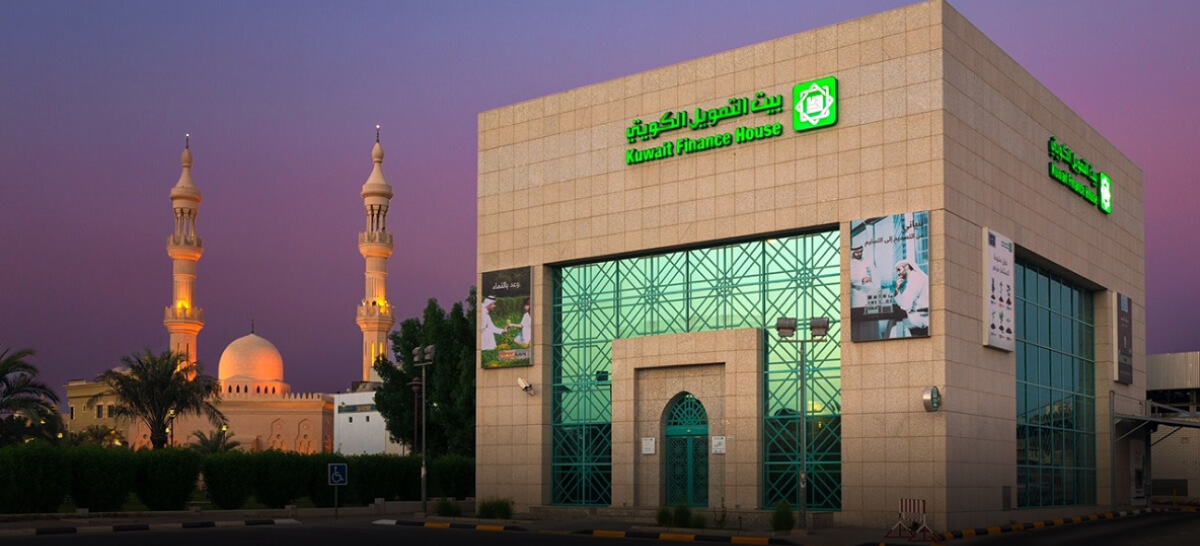
-
Global Presence: Active in Kuwait, Bahrain, Turkey, Saudi Arabia, UAE, Malaysia, and Europe
-
Major Moves: Completed full Shariah-compliant conversion of Ahli United Bank operations in Bahrain, Egypt, and the UK
-
Digital Leap: Tam Digital Bank, significant growth in users and transactions
-
Financial Highlights: 13% growth in personal finance; capital adequacy ratio at 19.9%
-
Why It Leads: Consistent performance, aggressive international growth, and tech-driven retail expansion
2. Standard Chartered Saadiq
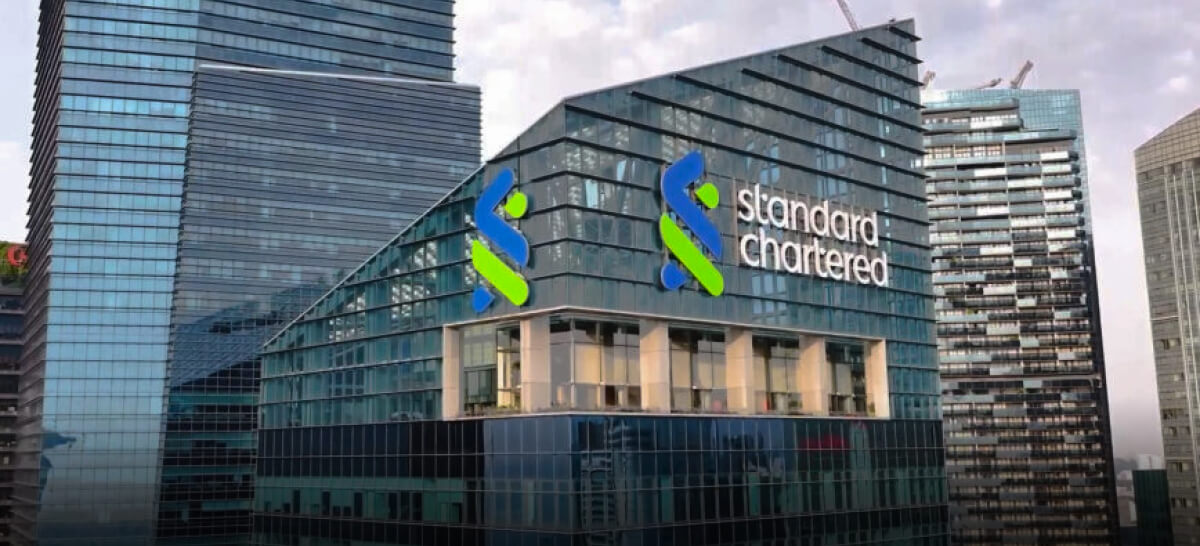
-
Parent Support: Backed by Standard Chartered’s network in over 60 countries
-
Sukuk Dominance: #1 in the International Sukuk League Table
-
Sustainability Edge: Leading in ESG-focused Islamic products like green sukuk
-
Tech Integration: Offers Straight2Bank, a corporate digital platform tailored for Shariah compliance
-
Why It Stands Out: It bridges Western institutions with Islamic markets more effectively than any other player
3. Maybank Islamic
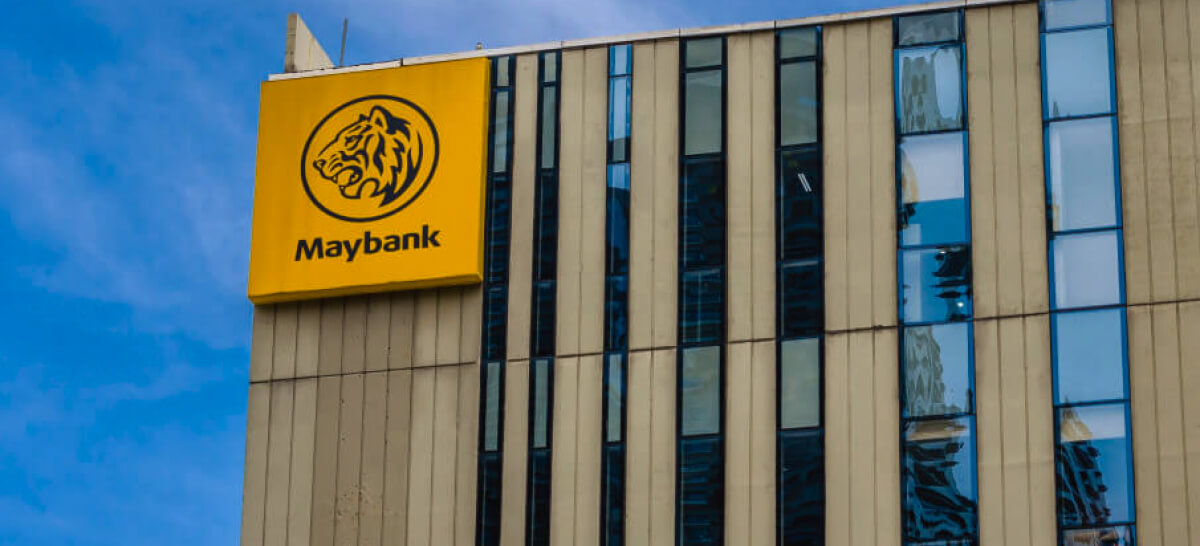
-
Largest in ASEAN: Accounts for 30% of Malaysia’s Islamic assets
-
Innovation Driver: Islamic Portfolio Financing launched to support retail investment
-
Digital Wealth: Leveraging Avaloq platform for wealth management
-
Why It Matters: Demonstrates how regional banks can scale while staying compliant and modern
4. Abu Dhabi Islamic Bank (ADIB)
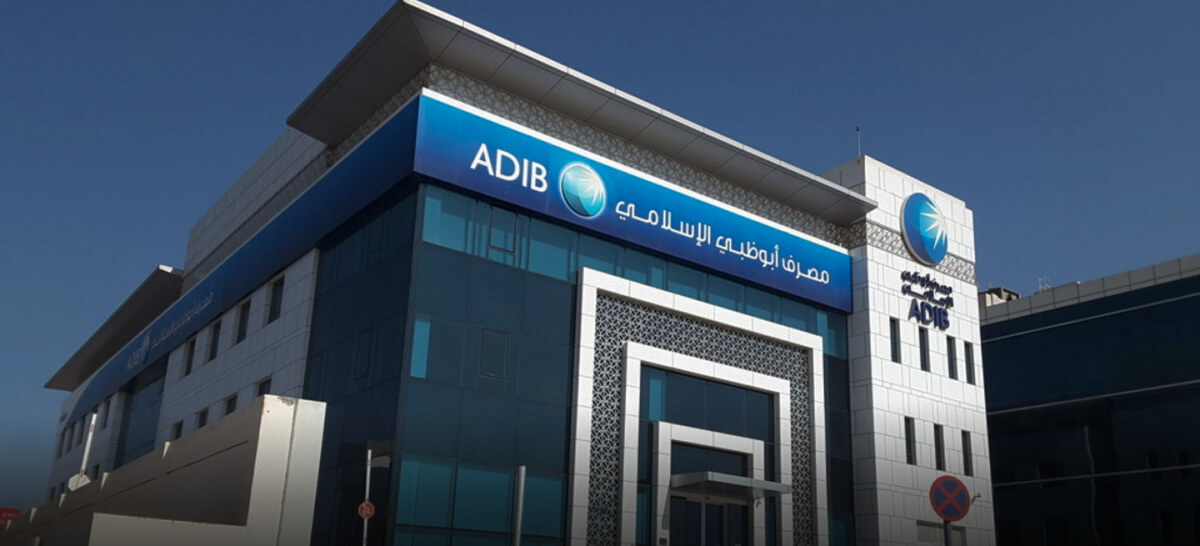
-
ESG Leadership: Issued world’s largest green sukuk ($500 million)
-
Governance Focus: Created ESG committee at board level
-
Financial Resilience: Continued profit growth despite global market shifts
-
Product Innovation: Active in real estate, consumer finance, and SME support
-
Why It’s Unique: Combines Islamic values with a concrete sustainability agenda
5. Dukhan Bank
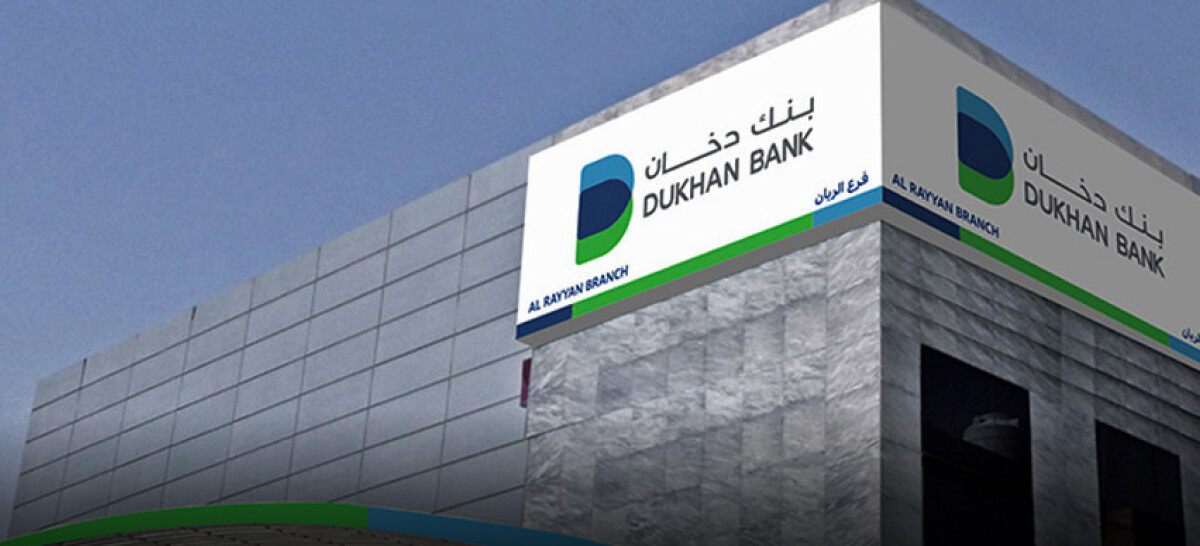
-
Qatar’s Rising Star: Largest sukuk ($800 million) by a Qatari Islamic bank in four years
-
HNW Services: Strong private banking services for high-net-worth clients
-
Diversified Portfolio: Sukuk, equities, mutual funds, and capital-protected products
-
Revenue Growth: Reported 38% increase in group revenue in 2024
-
Why It Deserves Mention: Strong niche focus with growing regional influence
What Do Islamic Banks Actually Offer
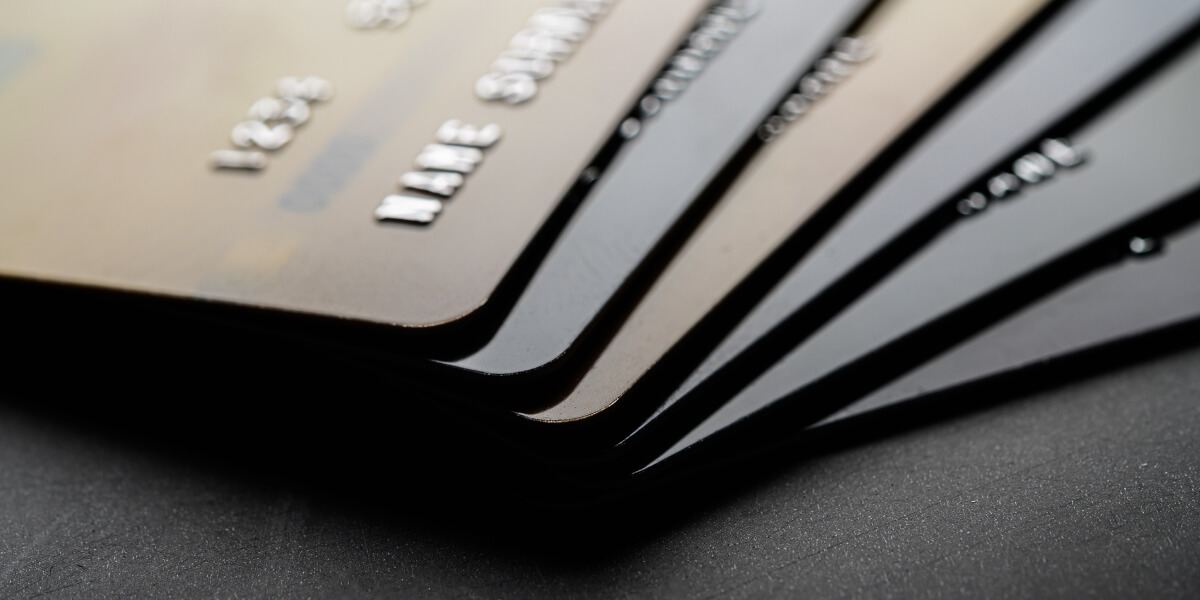
Modern Islamic banks provide a full range of services, many of which mirror conventional banking in function but are structured around Shariah principles.
Islamic Banking Services
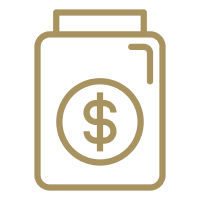
Savings & Current Accounts
Held without interest, these accounts operate under contracts like Wadi’ah (safe-keeping), Qard (interest-free loan), or Mudarabah (profit-sharing). Customers deposit funds, and the bank may invest them in Shariah-compliant ventures, sharing profits if agreed.

Personal Finance
Instead of lending money with interest, banks buy the item a client needs (car, appliances, etc.) and resell it at a fixed markup. Commonly structured through Murabaha or Tawarruq, these options are transparent, with fixed repayment terms.

Home Financing
Shariah-compliant home purchases avoid interest by using models like Ijara (leasing) or Diminishing Musharakah (co-ownership that gradually transfers to the buyer). The bank owns part of the home and leases or sells shares over time.
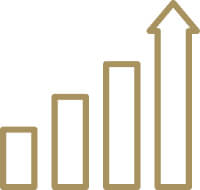
Business & SME Financing
Companies can access funding via Mudarabah (where the bank provides capital and the entrepreneur manages) or Musharakah (joint investment). Profits are split, but losses are shared based on contribution—not interest owed.
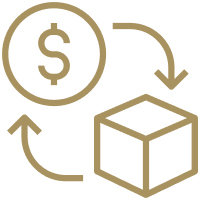
Investment Products
Islamic banks offer mutual funds, sukuk (Islamic bonds), and equity portfolios that avoid prohibited sectors like alcohol, gambling, or tobacco. All holdings must meet strict Shariah screening, both ethically and financially.
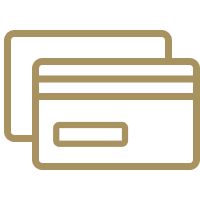
Debit & Prepaid Cards
These function like conventional cards for daily use but are linked to accounts that follow Shariah rules. Since no credit is involved, there’s no risk of interest charges.
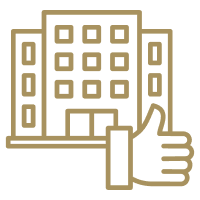
Credit-like Facilities
For clients needing structured borrowing, banks offer alternatives that simulate credit without violating Islamic law. These typically involve service fees (Ujrah) or structured commodity transactions (Murabaha).
Islamic Investment Funds
-
What They Are: Pooled funds that invest exclusively in Shariah-compliant sectors (e.g., healthcare, tech, energy, not alcohol or gambling).
-
Types:
-
Equity funds (stock portfolios screened for compliance)
-
Sukuk funds (fixed-income alternatives)
-
Real estate investment funds
-
-
Where They’re Growing: GCC, Malaysia, Indonesia, and among diaspora investors in the UK and USA.
-
Example: Maybank’s Shariah Asia-Pacific Equity-i Fund targets halal growth stocks across the region.
Shariah-Compliant Home Financing
-
No Interest: Instead of borrowing money to buy a home, the bank either buys and sells the home to the customer (Murabaha) or co-owns it and gradually transfers ownership (Diminishing Musharakah).
-
Global Use:
-
UAE and Qatar: Most common mortgage model
-
UK and USA: Available through providers like Guidance Residential or UIF
-
-
Contracts Are Fixed: Customers know what they’re paying upfront—no compound interest, no variable-rate surprises.
Islamic Credit Cards Without the Interest
-
How They Work: Structured around Ujrah (service fee) or Tawarruq (commodity transactions) instead of traditional interest charges.
-
Features:
-
Fee-based models instead of APR
-
Cashback or travel rewards through halal-friendly platforms
-
No late-payment interest, though admin fees may apply
-
-
Leading Providers: KFH, ADIB, and Boubyan Bank
The New Era of Islamic Finance
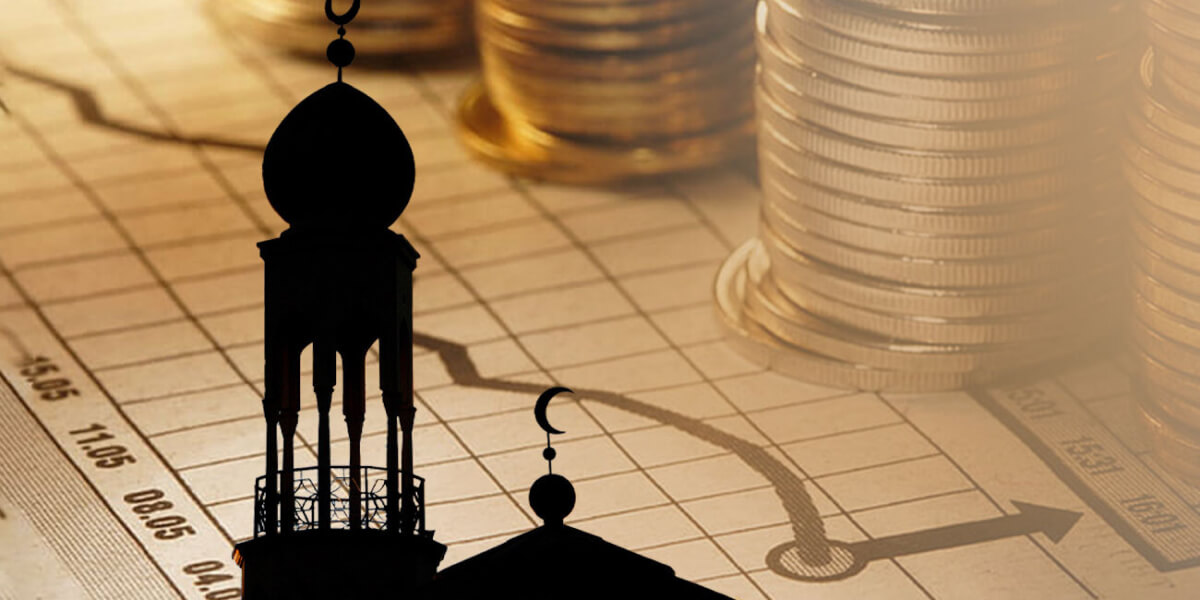
Islamic finance is expanding fast, not just in volume but in relevance. What once served niche communities is now attracting a global audience looking for ethical, transparent alternatives to conventional banking.
Growth and Global Reach
By the end of 2024, Islamic finance assets reached over $3.2 trillion, with strong momentum across the Gulf, Southeast Asia, and parts of Africa. In countries like Malaysia, Saudi Arabia, and the UAE, Islamic banks now hold a major share of the domestic banking sector.
There’s also rising demand in diaspora-heavy markets such as the UK, U.S., and Germany, particularly for halal mortgages and Muslim-friendly savings products.
Rise of Digital Islamic Banks
2025 is seeing a new generation of digital-only Islamic banks. Platforms like Tam Digital Bank (Kuwait Finance House) and Nomo Bank (Boubyan) are offering mobile-first services that appeal to younger users.
Account opening, investment screening, and compliance verification are now handled entirely online, often with automation tools guided by Shariah boards.
Ethical Investment Goes Mainstream
Shariah-compliant banks are becoming active players in sustainability. Offerings like green sukuk, social impact funds, and ESG-aligned portfolios are growing.
Abu Dhabi Islamic Bank’s $500 million green sukuk is one example of how Islamic finance is integrating environmental goals without compromising core principles.
Shift in Consumer Expectations
Younger customers are more informed, and more demanding. They’re asking for clear answers on how products work, whether returns are halal, and how Shariah boards vet investments.
Banks are now expected to offer education, not just services. This shift is pushing the industry toward greater transparency and clarity.
What’s Next for Islamic Banking

In 2025, the leading banks are moving beyond their home markets and building services that reflect modern needs without compromising on core principles.
As more people question the role of interest, debt, and opaque investing, Islamic banking offers a model grounded in accountability and real-world value. The appeal is widening, from digital-savvy millennials in London to entrepreneurs in Jakarta and families in Doha looking for halal mortgage options.
▸ What’s likely ahead:
-
Expansion into new markets through mobile-first platforms
-
Broader adoption of Shariah-compliant ESG and real estate funds
-
Tighter global standards for transparency and compliance
-
Increased demand for education, clarity, and real product understanding
It’s not just about offering alternatives anymore. It’s about meeting demand for finance that works—and feels right, for a more informed and values-driven generation.
FAQs
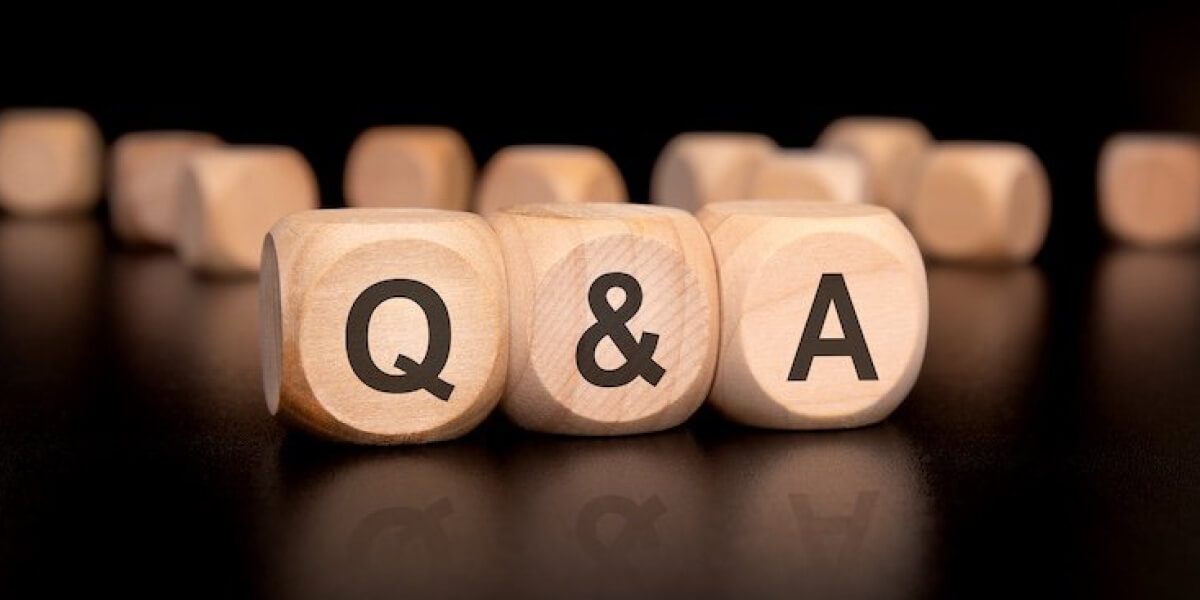
▸ Is a savings account halal?
Yes, if structured without interest and managed under contracts like Wadi’ah or Mudarabah. These accounts operate on ethical profit-sharing or safekeeping models.
▸ How does an Islamic mortgage work?
Instead of lending money with interest, the bank either leases the property to the buyer (Ijara) or sells its share gradually (Diminishing Musharakah). Payments cover both use and ownership transfer.
▸ What is sukuk?
Sukuk is the Islamic equivalent of bonds. Investors earn returns from tangible assets, not interest. Commonly used to fund infrastructure, real estate, and business projects.
▸ Can non-Muslims use Islamic banks?
Absolutely. Many non-Muslims choose Islamic banking for ethical investing, transparency, and interest-free products.
▸ Are Islamic credit cards really interest-free?
Yes. They work through fixed fees (Ujrah) or commodity-based structures like Tawarruq, avoiding traditional interest charges.
Suggested News:


